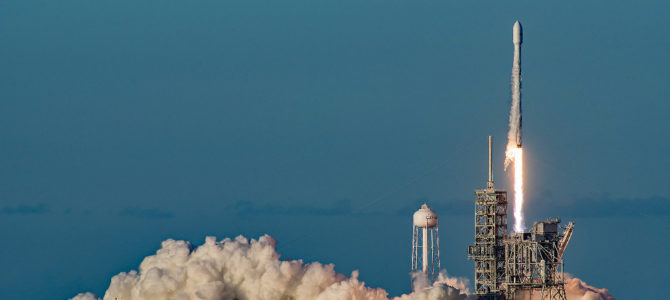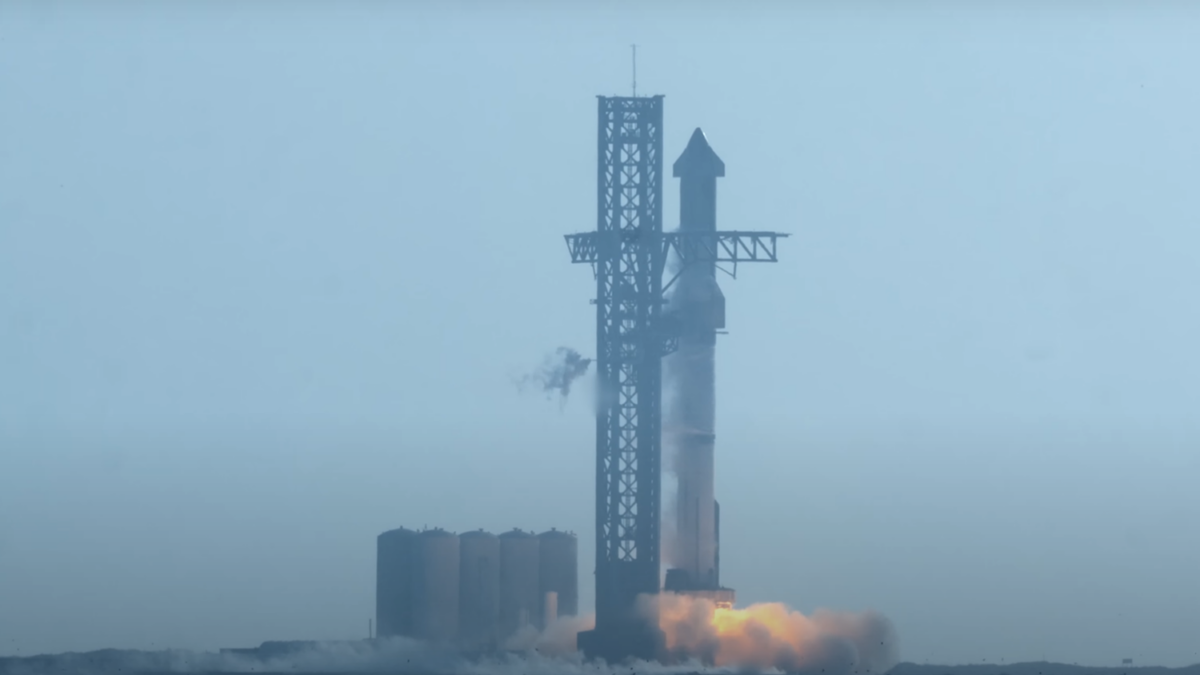
In the aftermath of President Obama’s cuts to the National Aeronautics and Space Administration and subsequent reliance on Russian space agencies, NASA has invested billions of dollars into private space companies to carry cargo and, eventually, astronauts to the International Space Station. NASA’s private contracts have offered a “fixed price” for commercial services and required companies to provide their own funding to develop new spacecraft and rockets.
SpaceX, a private space company founded by Canadian-American business magnate Elon Musk, is one of those contractors, along with companies such as Blue Origin and Orbital ATK. Recently, these companies have raised eyebrows with plans to develop large, heavy-lift rockets, which will allow travel beyond low-Earth orbit.
One of these systems is SpaceX’s Falcon Heavy booster, a rocket possessing 90 percent of the lift capability to low-Earth orbit of NASA’s own Space Launch System. The message is clear: these companies wish to attempt what NASA has not yet achieved. Thus far, NASA’s funding of private space companies has been limited to near-Earth endeavors, and NASA wants to keep it that way. During a Q&A session, Charles Bolden, NASA’s 2016 administrator, expressed that deep space is traditionally NASA’s domain.
“If you talk about launch vehicles, we believe our responsibility to the nation is to take care of things that normal people cannot do, or don’t want to do, like large launch vehicles,” Bolden stated, concluding, “I’m not a big fan of commercial investment in large launch vehicles just yet.”
We’ll Blow Up Your Money On NASA’s Behalf
However, some companies aren’t content to leave deep space to NASA, and want American taxpayers to foot the bill. During a hearing before the U.S. Senate’s Subcommittee on Space, Science, and Competitiveness on July 20, SpaceX called upon the government to sponsor deep space public-private partnerships. Tim Hughes, a SpaceX senior vice-president, testified, “The principles applied in past programs for low Earth orbit capability can, and should, be applied to deep space exploration,” referring to NASA’s Commercial Orbital Transportation Services (COTS) program.
Floating the idea of a funding a COTS-like program, Hughes expressed his desire to work “in parallel” with NASA’s Space Launch System and Orion spacecraft to facilitate deep space exploration. Nevertheless, Hughes acknowledged that the realm of deep space exploration is traditionally NASA’s territory, stating, “There’s a program of record right now that is NASA’s central focus for deep space exploration.”
While this is a nice idea in theory, companies with a track record like SpaceX’s shouldn’t be given contracts for deep space exploration, especially when tax dollars are at risk. SpaceX’s Falcon 9 rocket exploded on the launchpad on September 1, 2016. Likewise, on June 28, 2015, another Falcon 9 rocket exploded over the Atlantic Ocean, totaling $112 million in losses. These losses included reserves of food, water, and oxygen for the International Space Station, and two docking adapters for commercial crew vehicles.
Trusting resupply missions to private companies in near-Earth orbit is one thing. Trusting human lives to private companies in deep, unexplored space is quite another. All factors need to be considered for a project, not simply the base price—primarily reliability.
Detailed and realistic planning is another factor that needs to be addressed. SpaceX’s Interplanetary Transport System (ITS), a massive craft designed to take people to Mars, has faced tremendous design challenges. Nevertheless, Musk has outlined an ambitious plan to colonize Mars with approximately one million people. Wisely, citing basic economic concerns, Musk suggested via Twitter that he would be scaling back the massive 12-meter ITS’ plans for a 9-meter model.
When Saving Really Means Spending
Currently, the government is required to award contracts to private companies via a bidding process called “Lowest Price Technology Acceptable.” While the merits of this process are clear—namely protecting taxpayers from fraud and abuse—the system does present notable dangers. Typically, the contract is awarded to the lowest bid with a “technically acceptable” proposal. Although this certainly factors in cost, it doesn’t always factor in durability, quality, or reliability. Excluding the factors often results in companies lowballing their bids and delivering poor-quality products.
Despite massive failures, SpaceX argues it should continue to receive government contracts simply because it is the least expensive option. Companies like SpaceX may often be the cheapest solution, but the government should look beyond the base price tag when the risks are so high. SpaceX, among Musk’s other companies, is only competitive and inexpensive because of government subsidies. That is why Musk’s condemnation of government subsidies is the height of irony. Musk’s businesses have received a staggering $4.9 billion in government subsidies.
Space industry is the future, but that future doesn’t have to come at the expense of common sense. To earn the moniker “private,” space companies must remain so, prudently refraining from robbing American taxpayers in order to develop rockets capable of deep space exploration.









